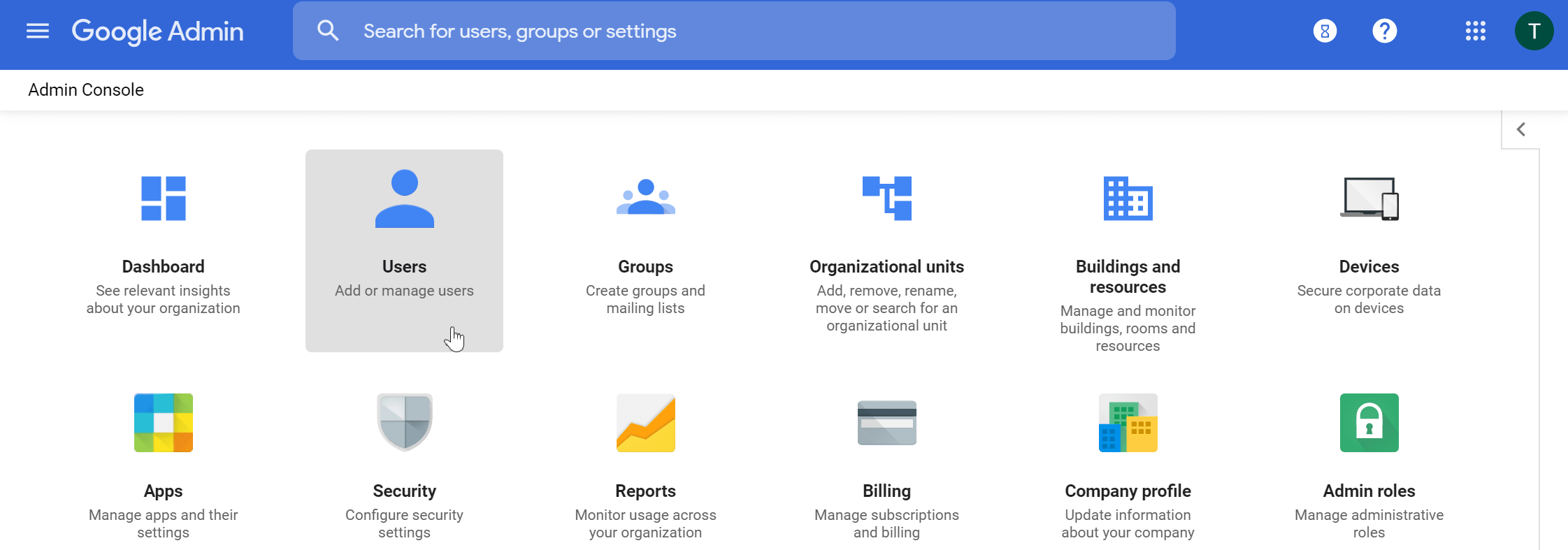
These permissions are actually a set of invisible threats that could become the gateway for a hacker to easily access your data. While adding third-party apps to G Suite, an employee might click on the ‘allow’ button without question and give access without going through the list of permissions that are required for installing the application. Malicious actions by 3rd party applications installed on your domain are becoming more of a problem. When permitted by law, Google, and Google’s suppliers and distributors, will not be responsible for lost profits, revenues, or data, financial losses or indirect, special, consequential, exemplary, or punitive damages.” Third-party applications “We don’t make any commitments about the content within the Services. Google's disclaimer in their terms of service you agree to when signing up for a Google account states: Google guarantees the infrastructure they provide you as a service, but they do not guarantee your data within their infrastructure. While you may trust that your data is safely stored by Google, they cannot protect against user errors, hackers, ransomware, malicious actions, or unauthorized access from lost or stolen devices. If G Suite is an important component of your business and its operations, a backup solution for G Suite is a necessity and here are some reasons why.

However, Google is not responsible for backing up your app data and many do not find this out until it's too late. G Suite comes from a universally trusted brand, it's easy and intuitive to use, and it makes collaboration and universal access possible for remote or mobile workforces.ĭata within G Suite Apps, like financial spreadsheets or sales contacts and email records, is the foundation of critical processes for many businesses that use the platform. G Suite is a popular platform for many businesses to run their organization because it's any easy choice to make.


 0 kommentar(er)
0 kommentar(er)
